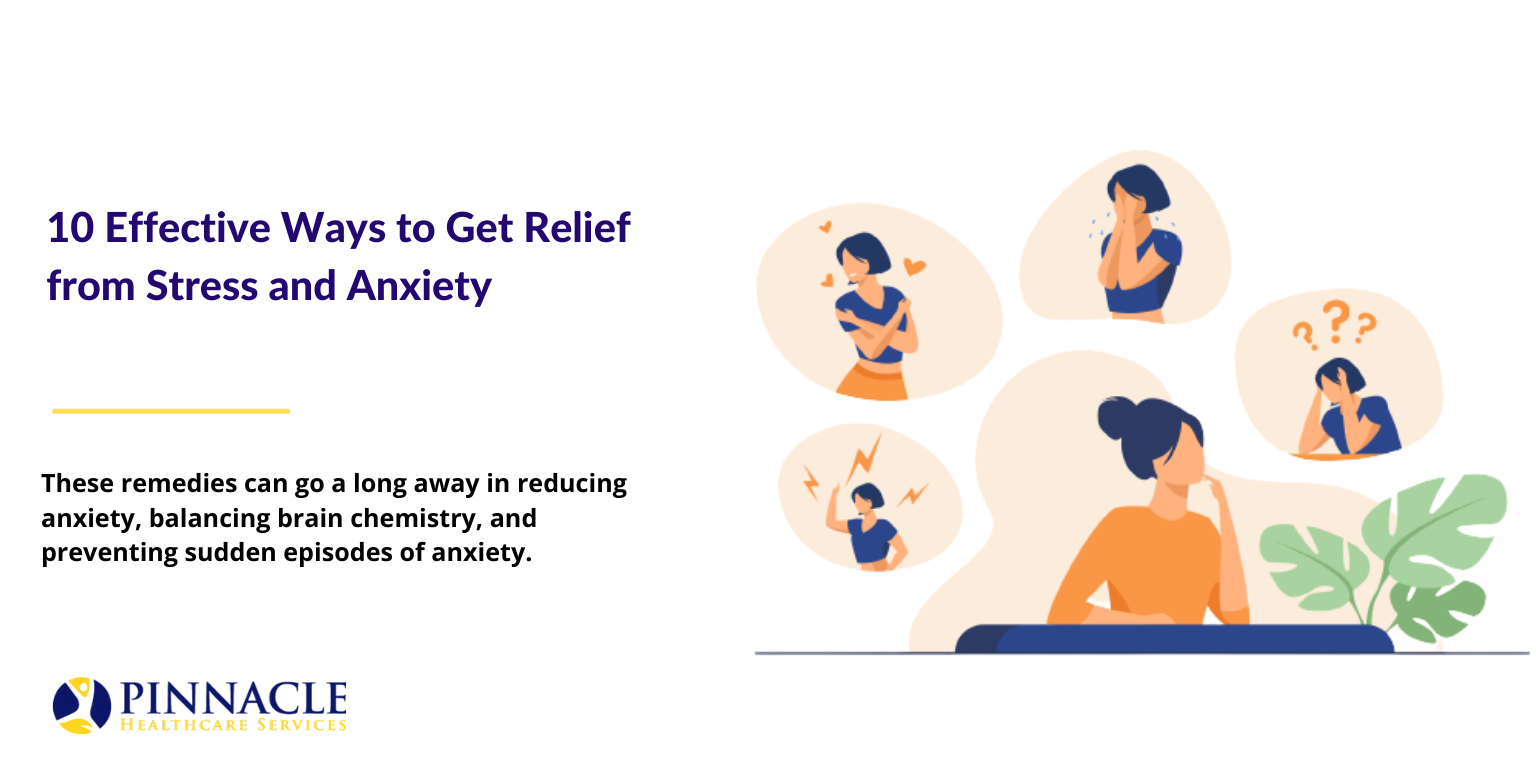Our bone density and bone growth occur during our childhood, but our bodies begin to lose bone density with age. Furthermore, women tend to have thinner and smaller bones compared to men. This makes women especially vulnerable to osteoporosis after menopause as estrogen, a hormone that protects the bones, sharply decreases and can lead to bone loss. Following are some tips on how to increase bone strength naturally:
6 Tips on How You can Increase Bone Strength Naturally
1. Eat a balanced diet
If you’re wondering how to make bones strong, one of the best ways is to fill your plate with whole foods rich in various nutrients. Beans, dairy products, whole grains, fruits, leafy green vegetables, fish, blueberries, and nuts are rich in calcium, vitamin D, and various other nutrients that play a major role in keeping our bones healthy. Fish and flax seed also contain omega-3 fatty acids, which are excellent for your bone health.
Always try to get an adequate amount of nutrition while controlling your calorie intake. Approximately 5 servings of fruits and vegetables combined with 3 or more servings of low or zero-fat dairy products can help keep your bones healthy.
2. Get enough vitamin D for strong bones
Vitamin D is a key component of calcium absorption in your body. Many experts recommend five to ten minutes of sun exposure on the face, hands, and arms at twice or thrice a week without using sunscreen to help the body process a good amount of vitamin D for bone health. The following food items are rich sources of vitamin D:
- Milk
- Egg Yolks
- Fortified Yogurts
- Fortified Orange Juice
- Fatty Fish Like Sardines
3. Take supplements
Sometimes, the healthiest diet may still not be able to provide all the nutrients that are necessary for bone health. Single supplements or multi-vitamins of specific nutrients can help fill in the gaps. However, consult a doctor before taking any vitamin or nutrient supplements. Supplements with Calcium, Vitamin D, and Omega-3 are recommended for your bone health.
4. Exercise regularly
The most effective exercises for keeping the bones strong and healthy involve using weights, such as dumbbells. Additionally, developing a whole-body routine that involves all the major muscle groups goes a long way in strengthening specific muscles and bones. However, if you’re at the risk of breaking a bone or have already broken a bone, you may need to avoid high-impact exercises such as dancing and jumping. Instead, you can opt for low-impact workouts such as stair-step machines or elliptical machines.
5. Avoid caffeinated beverages and salty foods
It has been shown that foods high in salt or are highly processed prevent the body from absorbing calcium. Furthermore, food high in caffeine may have the same effect on the body, which can lead to bone loss or worse as caffeine leaches calcium from the bones, which can sap their strength.
6. Reduce alcohol consumption
You can suffer from irreversible skeletal damage if you drink heavily during your adolescent and teenage years because this is the time when your bones gradually build up. Excessive alcohol consumption can make you vulnerable to fracturing your bones and osteoporosis.
What Happens to Your Bones as You Age?
With increasing age, the following things happen to your bones:
- The middle of your body, called the torso, starts to become shorter as the disks lose fluid and become thinner
- The vertebrae will lose some of the mineral content
- Foot arches become less pronounced that contributes to a slight loss of height
- Breakdown of your joints causes them to become inflamed, stiffer, and less flexible
- Knee joints and hips may begin to lose cartilage
It is important to know how to increase bone density after 60 to lead a good life. Remember that as you age, your bones become more brittle and can break more easily. The changes occurring in your body can cause changes in your posture and even result in medical conditions like arthritis. Therefore, you should be cautious with your physical activities like exercise and other outdoor activities to avoid health complications, along with maintaining a healthy lifestyle to ensure your bone and overall health.
Visit Pinnacle Healthcare Services at Alexandria, VA, to speak with our lead physician, Dr. Kurwa Nyigu, and get customized medical and dietary advice regarding your bone health.







